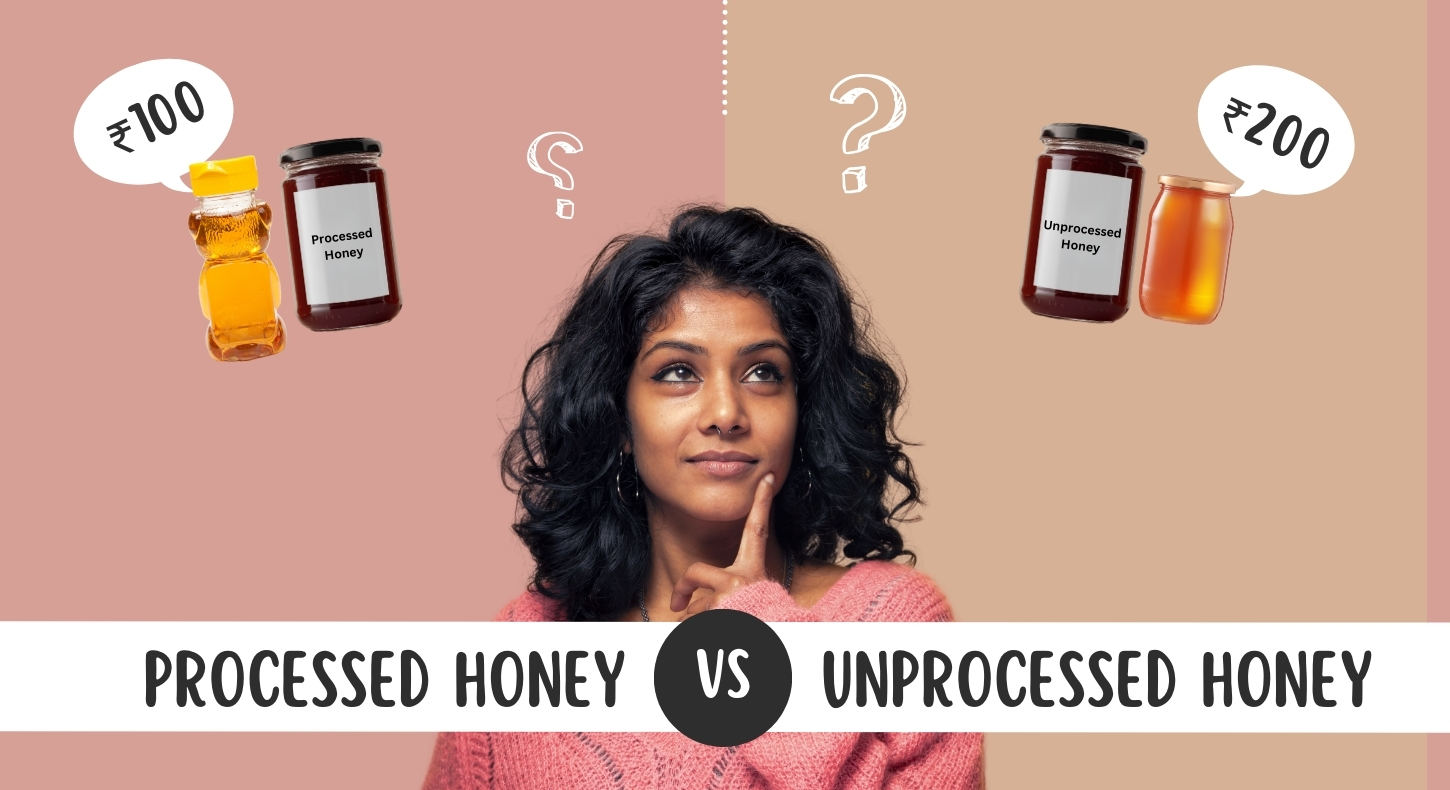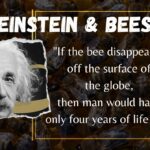Processed Honey Vs. Unprocessed Honey
Introduction:
Honey, a golden elixir with a rich history dating back thousands of years, has long been celebrated for its unique taste and numerous health benefits. However, in today’s market, consumers are often faced with a choice between processed honey and unprocessed honey. But which one truly reigns supreme? In this article, we’ll delve into the differences between processed and unprocessed honey, and ultimately determine which one stands out as the healthier choice.
Understanding the Basics:
Before we explore the nuances between processed and unprocessed honey, let’s first understand what each entails.
Processed Honey:
Processed honey undergoes filtration and pasteurization, which involves heating the honey to high temperatures to kill yeast cells and prolong its shelf life. During filtration, the honey is often strained to remove impurities, such as wax, pollen, and debris, resulting in a clearer appearance.
Unprocessed Honey:
Unprocessed honey, also known as raw honey, is extracted straight from the honeycomb and undergoes minimal processing. It is not subjected to high heat or filtration, allowing it to retain its natural enzymes, pollen, and beneficial nutrients. As a result, raw honey tends to have a thicker consistency and may appear cloudy or contain particles of beeswax and pollen.
Nutritional Value:
One of the key differentiators between processed and unprocessed honey lies in their nutritional profiles.
Processed honey: While processed honey still contains some beneficial nutrients such as antioxidants and carbohydrates, the heating and filtration process may diminish its nutritional value. High heat can destroy enzymes and reduce the honey’s antioxidant content.
Unprocessed honey: Raw honey, on the other hand, is rich in enzymes, antioxidants, vitamins, and minerals. Its natural state preserves these nutrients, making it a powerhouse of health benefits. Raw honey also retains pollen, which has been associated with anti-inflammatory properties and allergy relief.
Flavor and Aroma:
The flavor and aroma of honey can vary greatly depending on its source and processing methods.
Processed honey: Due to filtration and pasteurization, processed honey often has a milder flavor and aroma compared to raw honey. The removal of pollen and other impurities may result in a more uniform taste.
Unprocessed honey: Raw honey boasts a diverse range of flavors and aromas, reflecting the floral sources visited by bees. Its unaltered state preserves the distinct characteristics of different honey varieties, allowing consumers to experience the true essence of each batch.
Health Benefits:
When it comes to health benefits, raw honey takes the lead due to its abundance of nutrients and enzymes.
Processed honey: While processed honey still offers some health benefits, such as providing a natural energy boost and soothing sore throats, its nutritional value may be diminished compared to raw honey.
Unprocessed honey: Raw honey is celebrated for its wide array of health benefits, including its antibacterial, antiviral, and anti-inflammatory properties. It has been used for centuries to treat wounds, coughs, and digestive issues. Additionally, raw honey may help promote digestive health, support immune function, and even aid in weight management.
Conclusion:
In the debate between processed honey and unprocessed honey, the latter emerges as the clear winner in terms of nutritional value and health benefits. While processed honey may have a longer shelf life and a milder taste, it pales in comparison to the nutrient-rich goodness of raw honey. By opting for unprocessed honey, consumers can enjoy a natural sweetener that not only tantalizes the taste buds but also nourishes the body from the inside out. So, the next time you reach for a jar of honey, choose raw honey for a truly wholesome experience.


